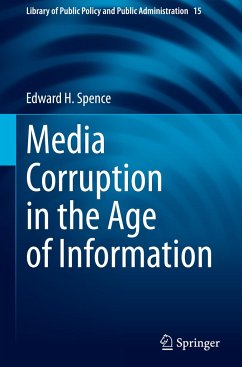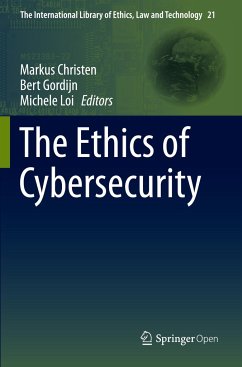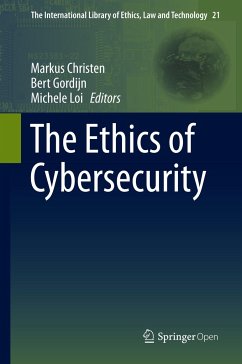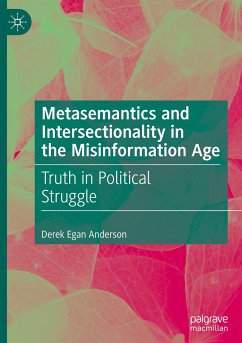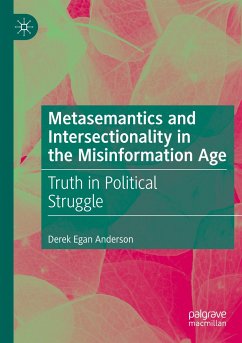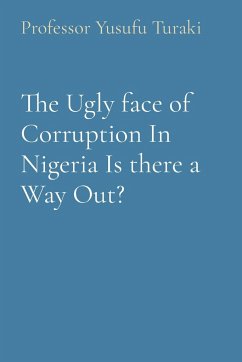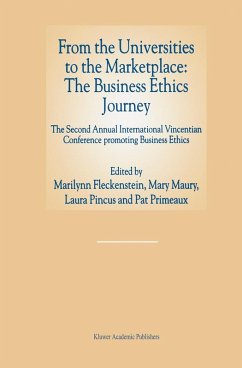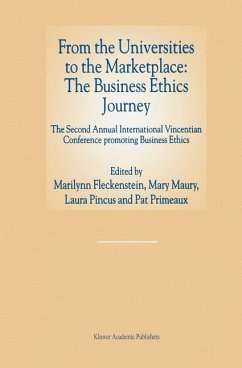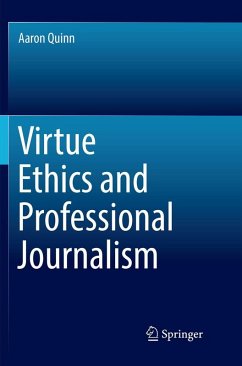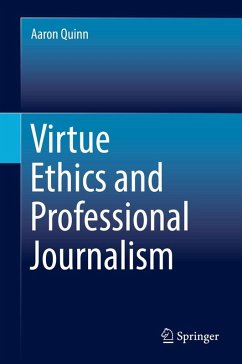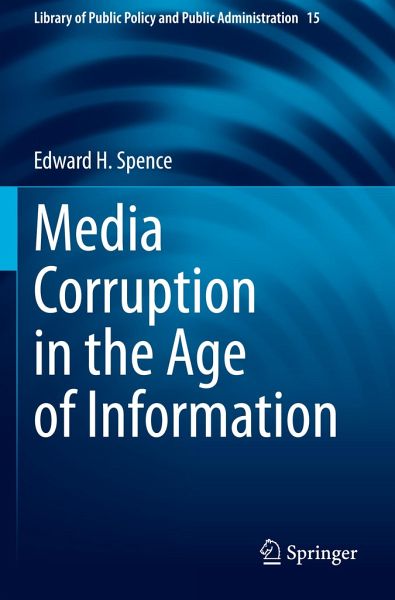
Media Corruption in the Age of Information
Versandkostenfrei!
Versandfertig in 6-10 Tagen
83,99 €
inkl. MwSt.
Weitere Ausgaben:

PAYBACK Punkte
42 °P sammeln!
This book provides an applied model of corruption to identify, analyse, and assess the ethics of major types of corruption in the media involving practices such as cash-for-comment, media release journalism, including video news releases (VNRs), fake news, deep fakes, and staged news. The book starts with a conceptual philosophical analysis of corruption in general, followed by an in-depth analysis of media corruption, across its various transformations, from the legacy media of the 4th Estate (e.g. The UK Guardian) to the digital media of the 5th Estate (e.g. Social Media and Wikileaks) to th...
This book provides an applied model of corruption to identify, analyse, and assess the ethics of major types of corruption in the media involving practices such as cash-for-comment, media release journalism, including video news releases (VNRs), fake news, deep fakes, and staged news. The book starts with a conceptual philosophical analysis of corruption in general, followed by an in-depth analysis of media corruption, across its various transformations, from the legacy media of the 4th Estate (e.g. The UK Guardian) to the digital media of the 5th Estate (e.g. Social Media and Wikileaks) to the Network Media of the 6th Estate (e.g. Facebook and Google), and provides key case studies as practical illustrations and contextualisation of those major types of media corruption. It explains how the conversion of the two forms of media communication, corporate and social digital communication, as expressed in the symbiotic relationship between the 4th Estate and the 5th Estate exposes andenables the reporting of corruption, signalling a major shift in the way the media itself can provide an effective means for anti-corruption measures against major practices of corruption that would have otherwise gone unnoticed.





